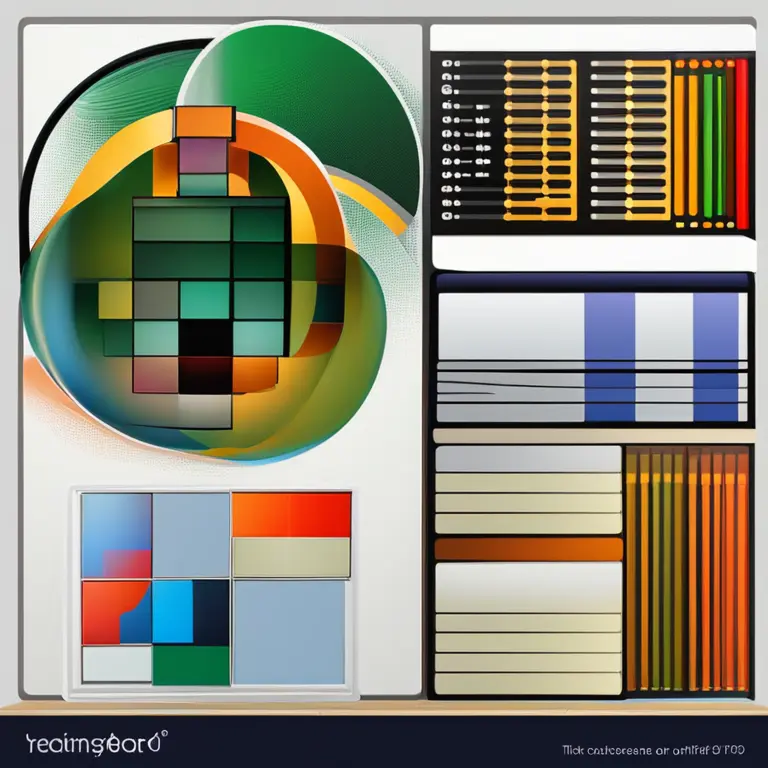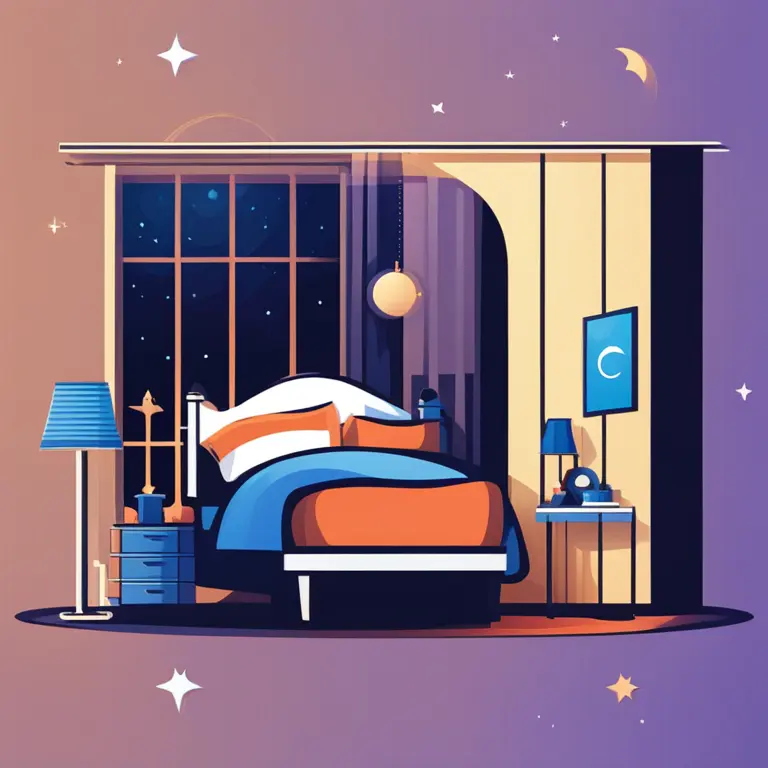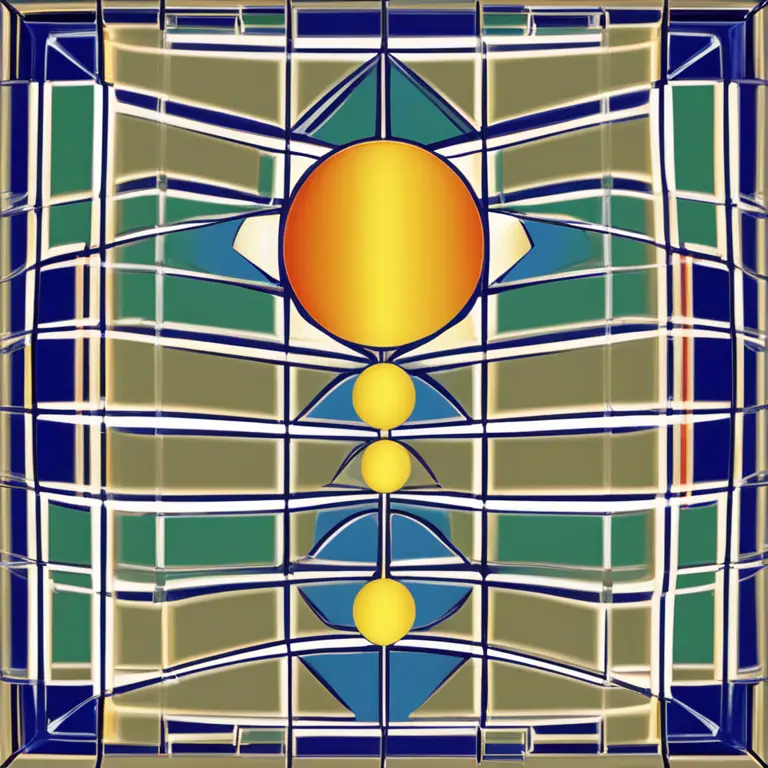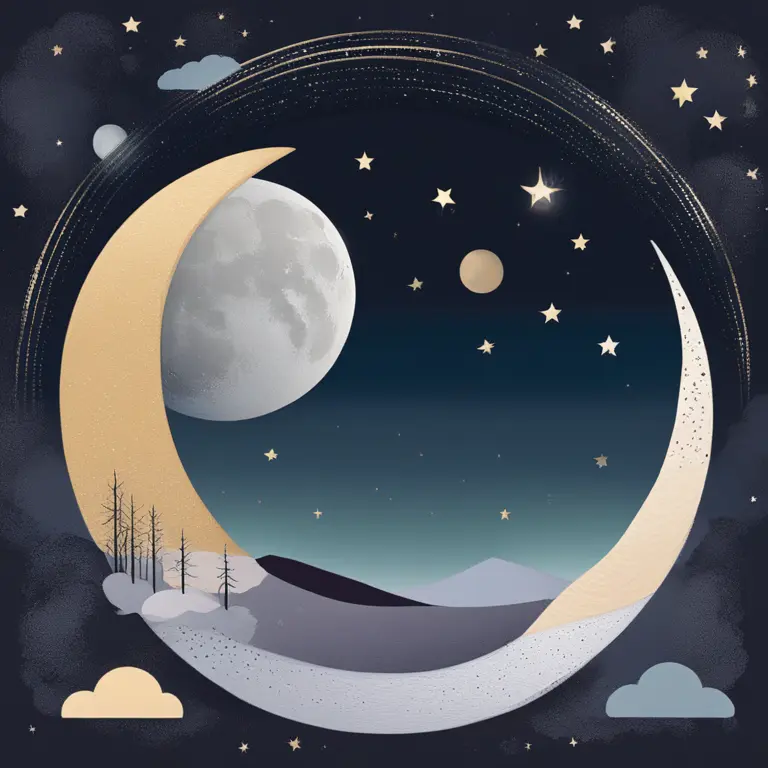
The Lunar Influence: Do Moon Phases Impact Your Sleep?
Delve into the intriguing connection between the phases of the moon and sleep patterns. Find out if the lunar cycle truly affects the quality of your slumber.
article by Priya Deshmukh
Moon Mystique and Sleep Cycles
The relationship between the moon and human behavior has been a subject of fascination and study for centuries. Often associated with the change in tides, the moon's influence extends to various aspects of life, including sleep patterns. Today, we shed light on the intriguing question: does the phase of the moon affect how we sleep? Contemporary research suggests there is more to lunar cycles than mere folklore, opening an avenue for further exploration into our nocturnal habits.

Scientific Observations and Lunar Cycles
Scientific studies have often pondered over the moon’s potential impact on sleep. In 2024, researchers continue to examine the intricacies of the human body's response to the lunar cycle. Some studies point toward a correlation between sleep disturbances and full moon phases, where individuals experience reduced sleep efficiency and alterations in their sleep patterns. Nevertheless, the evidence is not conclusive, and there remains a debate within the scientific community regarding the moon's role in modulating sleep.

Moonlit Nights and Sleep Quality
Anecdotal evidence suggests that during a full moon, the increased brightness can intrude upon our sleep environment, potentially leading to poorer sleep quality. Yet, with modern amenities such as curtains and blinds, this explanation only scratches the surface. Astrologers speculate that the energetic qualities of the moon phases may subtly influence our internal rhythms, including those governing sleep. As we move towards 2024 and beyond, we consider both environmental and metaphysical impacts on our slumber.

Biorhythms and Celestial Connections
Beyond astrology, the study of biorhythms offers insight into physiological cycles and how they might synchronize with celestial phenomena. Proponents posit that our biological clocks may be attuned to the waxing and waning of the moon, potentially affecting our sleep architecture. But conclusive, scientific consensus on this matter remains elusive. What is evident is that sleep is subject to a multitude of factors, and moon phases may just be a part of this complex puzzle.

The Placebo of Lunar Sleep
Considering the power of belief, the placebo effect must not be overlooked when discussing sleep quality and the moon. If individuals are convinced that the lunar cycle will influence their sleep, this belief alone could trigger a psychosomatic response. This phenomenon highlights the intersection between psychology and physiology, where our beliefs can manifest tangible effects on our bodies.
Cultural and Psychological Perspectives
It's important to factor in the cultural lens through which we view the moon's phases. Across different societies, moon phases hold varied significance and, therefore, may influence an individual's perception of its impact on their life, including sleep. As we advance, understanding the psychological effects that arise from cultural beliefs regarding the moon phases could unveil new perspectives on the moon-sleep relationship.
Conclusions and Future Research
In conclusion, while the concept of lunar influence on sleep remains a topic of both public and scientific curiosity, clear-cut evidence supporting a definitive link is still in development. Ongoing research in the fields of sleep science, chronobiology, and astrology will continue to inform us about the potential connections between the moon and our nightly rest. As we tune into the rhythms of the cosmos, we may discover more about the mysteries of sleep and the celestial bodies that have captivated humans throughout history.
Published: 1/19/2024
Modified: 1/19/2024
More predictions
Come back here soon to learn more about yourself and your future


Moon Phases: Celestial Dynamics and Impact
Discover the intriguing facts about moon phases and their significance in celestial dynamics, astrology, and personal biorhythms.


Are Moon Phases Universal?
Delve into the intriguing question of whether the moon phase is the same across all locations on our planet, and how this celestial phenomenon influences astrology and horoscopes.


The Mystery of Lunar Phases: What Causes Them?
Delve into the celestial mechanics behind the lunar phases and how they influence our astrological interpretations.